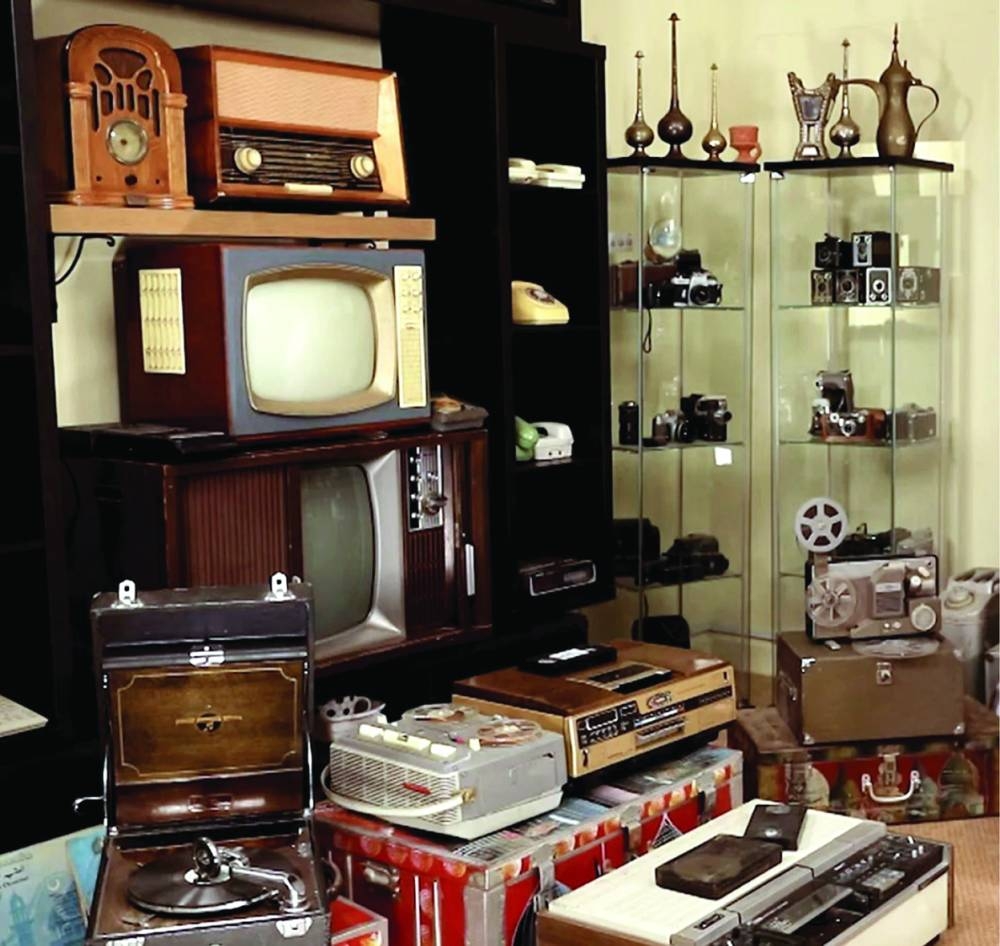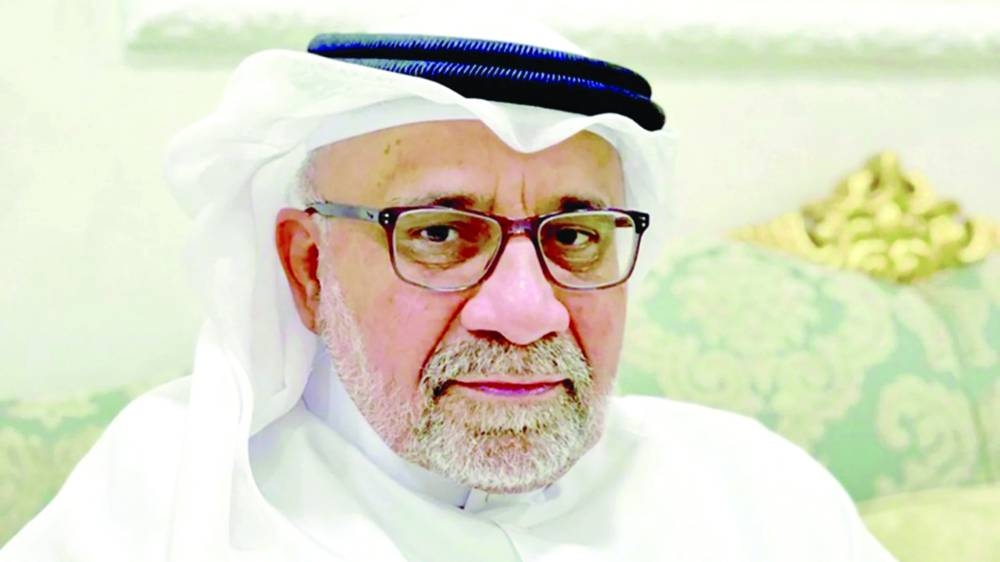Heritage researcher Ateeq al-Sulaiti loves the good old days. After his retirement, he decided to transform his memories from the yesteryear into a personal museum, in which he tells the story of life lived by the people of Qatar, with their simple things that were part of their daily lives.
In this interview, al-Sulaiti takes us on a tour inside his museum, which includes old devices, rare publications, and memories engraved in the conscience. He told Arabic daily 'Arrayah' that: “after retirement, I found myself yearning for the things I lived with as a child, those that were part of our parents’ lives. I started by collecting what I inherited from my parents, then expanded by purchasing heritage items. The museum now includes items from different time periods. My goal was not only to collect, but to document Qatar’s memory through these items that bore witness to the stages of societal development."
The museum houses a wide range of collectibles that reflect lifestyles in the past, including old devices such as televisions, radios, and recorders, in addition to telephones in various editions -- including the disc phone to the pager and then the first mobile phones. There are also household items such as sewing machines used by mothers in the past, heritage watches, and iron and wooden toys.
As for the cultural section, it contains rare Qatari publications, such as old issues of Doha Magazine, Al-Ahd and Al-Fajr Magazine, in addition to copies of the Holy Qur’an dating back to different historical periods. It includes old school books such as 'Tawhid' and 'Fiqh', on which generations have been raised. The old Qatari calendar, which was prepared by Sheikh Abdullah bin Ibrahim al-Ansari, and included information about religious seasons, weather conditions, and distances between Qatari cities and neighbouring countries.
Al-Sulaiti recalled memories of the radio “as our window to the world and our companion in our daily gatherings. One of the most famous devices that I keep is 'Radio Abu Dhoros', the knobs of which were made of ivory and was known for its loud sound. This radio has a special memory in my heart because it used to broadcast the Holy Qur'an from the Grand Mosque in Doha.
Al-Sulaiti added: “Television entered our homes in the 1960s, and it was a big event at the time. At first, we used to watch Kuwait TV and Aramco TV, which offered us a variety of programmes, including children’s programmes like 'Hattab' and foreign series, especially cowboy and Indian movies. One of the funny memories associated with television is that we used to adjust the “aerial” manually.
He evoked that: “Ramadan in the past had a different character, with simplicity and social solidarity. We used to distribute Zakat al-Fitr to neighbours and relatives in special cloth bags every year. There were also special Ramadan meals cooked on traditional stoves,” al-Sulaiti said.

Some of the heritage items in al-Sulaiti's museum.

Ateeq al-Sulaiti
